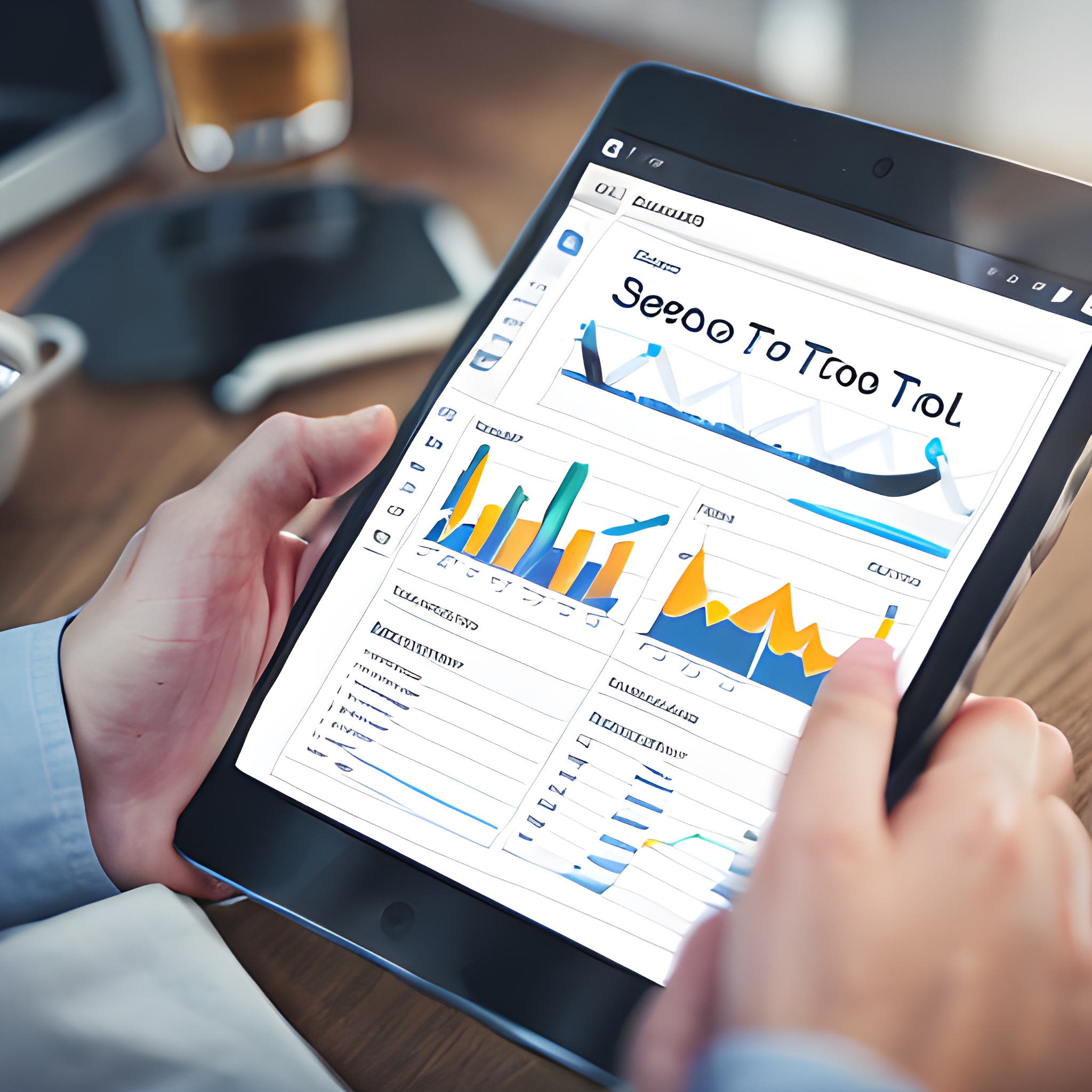Google not indexing your home page can be a problem. It means that your website will not appear in search results, and potential visitors will not be able to find you. There are several reasons why Google might not index your home page, but some of the most common include:
- The page is not crawlable. This means that Google’s crawlers cannot access the page. This can be caused by several things, such as a robots.txt file that blocks Google from crawling the page or a server error that prevents Google from accessing the page.
- The page is not indexed. This means that Google has crawled the page but has not yet added it to its index. This can happen for several reasons, such as if the page is new or not important enough to be indexed.
- A robots.txt file blocks the page. A robots.txt file is a text file that tells Google which pages on your site should not be crawled. If you have a robots.txt file on your site that blocks the page you want Google to index, then Google will not.
- The page is marked as no-index. You can mark a page as no-index by adding the no-index meta tag. This tells Google not to index the page.
- The page has a lot of duplicate content. If your page has a lot of duplicate content, then Google may not index it. This is because Google does not want to show the same content multiple times in its search results.
- The page is not mobile-friendly. Google now prioritizes mobile-friendly pages in its search results. If your page is not mobile-friendly, then it may not be indexed.
- The page has a high bounce rate. A bounce rate is the percentage of people who visit your page and then leave without clicking on anything else. If your page has a high bounce rate, then Google may not index it. This is because Google assumes people are not finding what they are looking for on your page.
- The page has a low PageRank. PageRank is a measure of the importance of a page in Google’s index. If your page has a low PageRank, it may not be indexed.
- The page is not linked to other websites. Google uses links from other websites to determine the importance of a page. If your page is not linked to other websites, then it may not be indexed.
- The page is new. Google may not index new pages immediately. It may take time for Google to crawl and index your new page. It may not be submitted in the website sitemap.
The page in question ( non-indexed) faces several challenges that hinder its visibility and accessibility on search engines. Firstly, it is not crawlable, meaning search engine bots cannot effectively explore its content. Moreover, the page is not indexed, indicating that it has not been included in the search engine’s database. This could be due to various reasons, such as being blocked by a robots.txt file, which restricts search engine access. Additionally, the page might be marked as “noindex,” intentionally excluded from search engine results. Another issue is duplicate content on the page, which can negatively impact its ranking and visibility. Furthermore, the page’s lack of mobile-friendliness makes it difficult for users on mobile devices to navigate and access the content effectively. This, coupled with a high bounce rate, suggests that users quickly leave the page after arrival, potentially due to a poor user experience. Moreover, the page’s low PageRank signifies that it has not gained significant authority or trust from search engines. Lastly, the page’s absence of backlinks, or links from other websites, further hampers its discoverability and ranking potential.
Google’s Search Relations team, consisting of experts Martin Splitt, John Mueller, and Gary Illyes, share insights into why this may happen on their latest episode of the ‘Search Off The Record’ podcast.
The discussion revolves around technical and non-technical issues that could prevent a website’s homepage from appearing in Google’s search results. Technical issues could include the website being unreachable from Googlebot, the robots.txt file blocking Googlebot, or the homepage URL not being linked to any other page. To resolve these issues, check your server logs to see if Googlebot is crawling your homepage, check your robots.txt file, remove any directive blocking the homepage, and ensure links point back to the homepage from your website’s internal pages1.
Non-technical reasons could include the homepage containing placeholder content like template text, copyright notices, or under-construction graphics. Google generally prefers to index content that provides valuable information. Canonicalization and hreflang issues might also cause a homepage to appear unindexed if it’s canonicalized to another URL. If a site previously hosted spammy or low-quality content, the homepage could be blocked for policy reasons1.
In summary, technical and non-technical issues could prevent a website’s homepage from being indexed in Google. Methodical troubleshooting and patience are required to resolve indexing issues. Improving site quality and architecture leads to long-term SEO success1.

